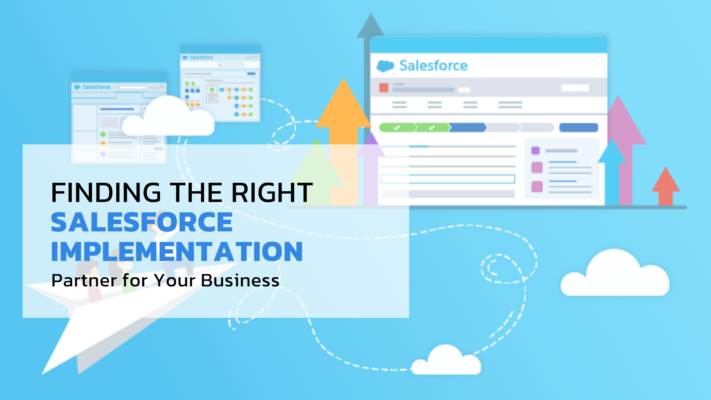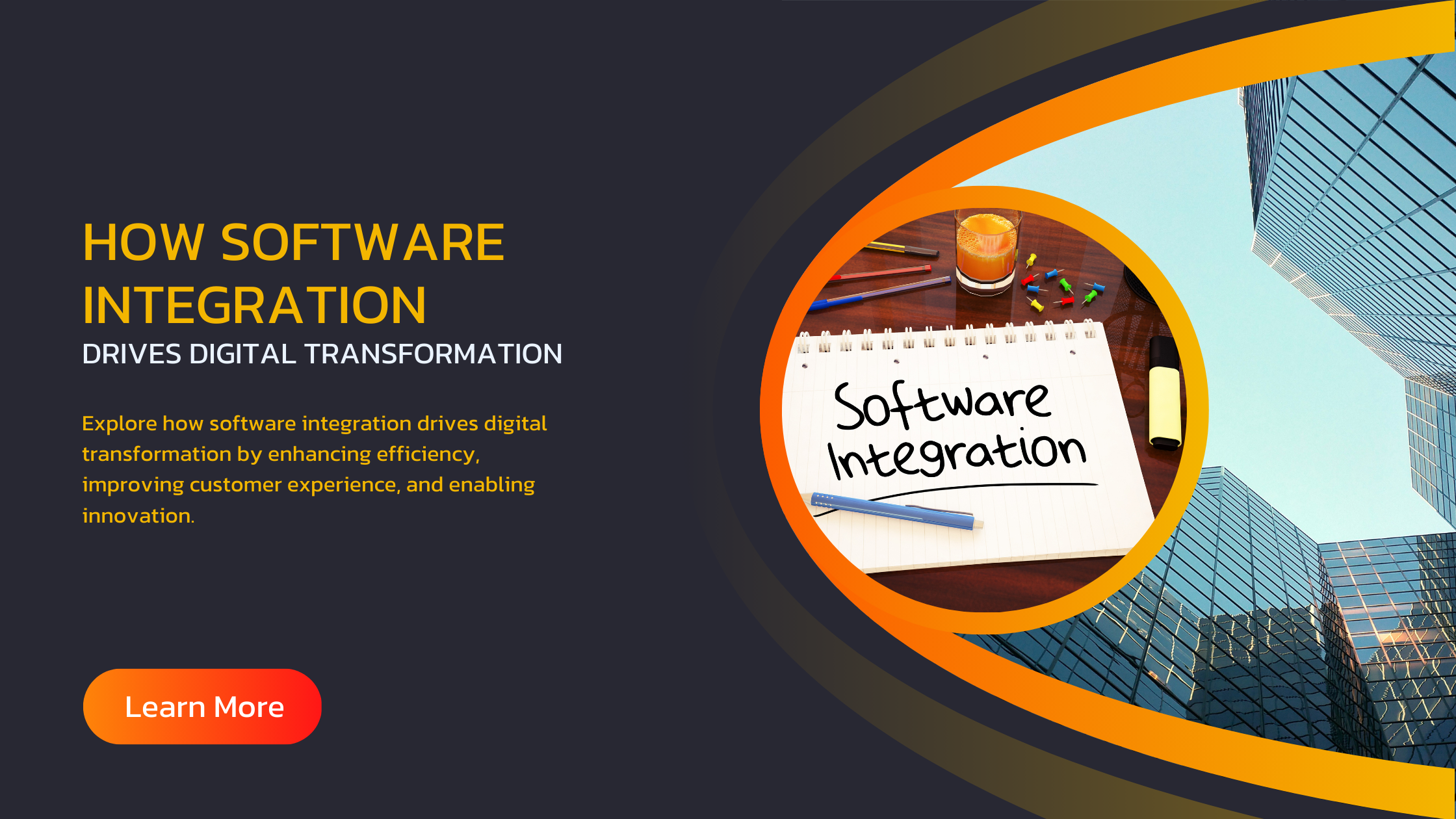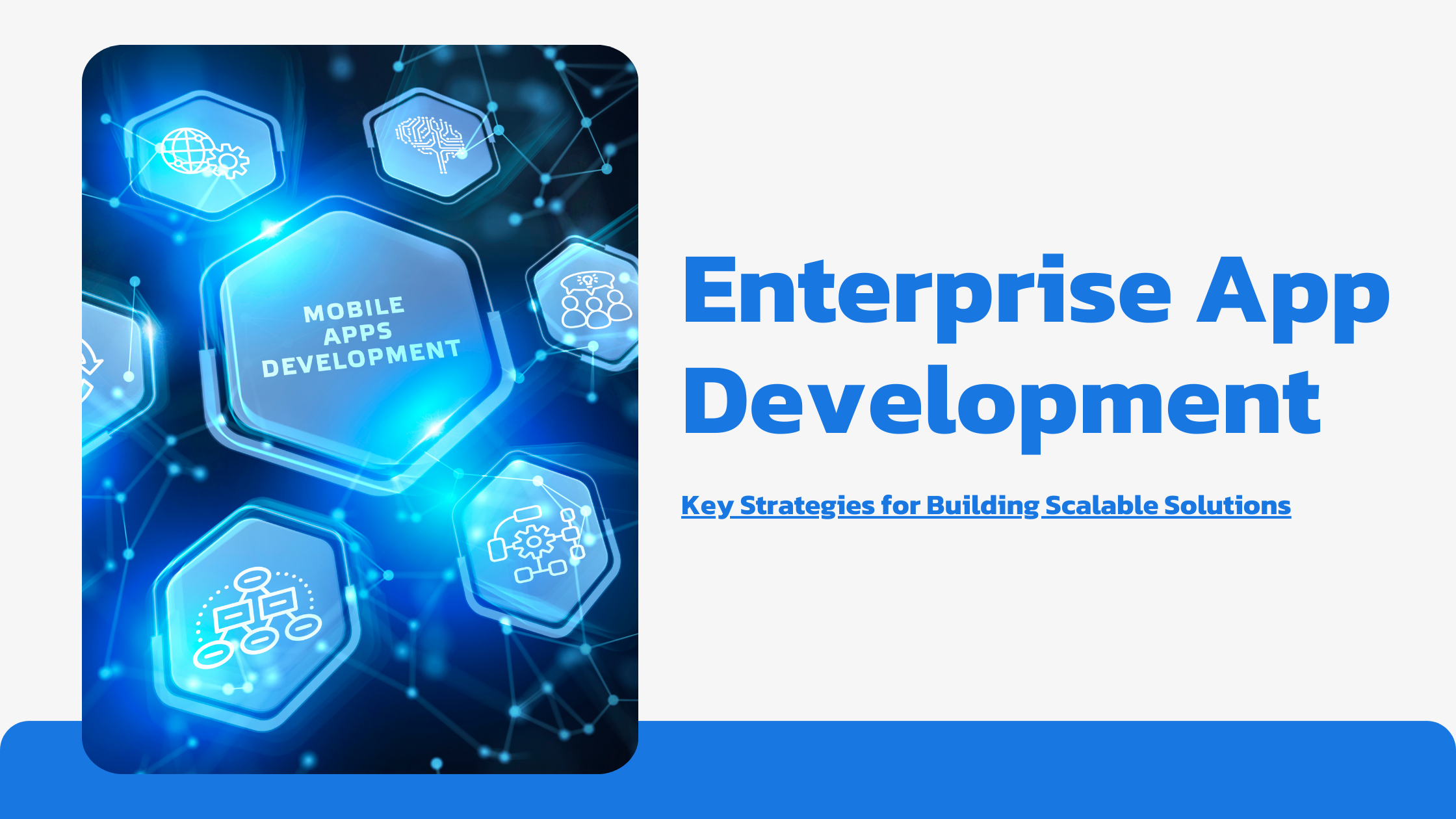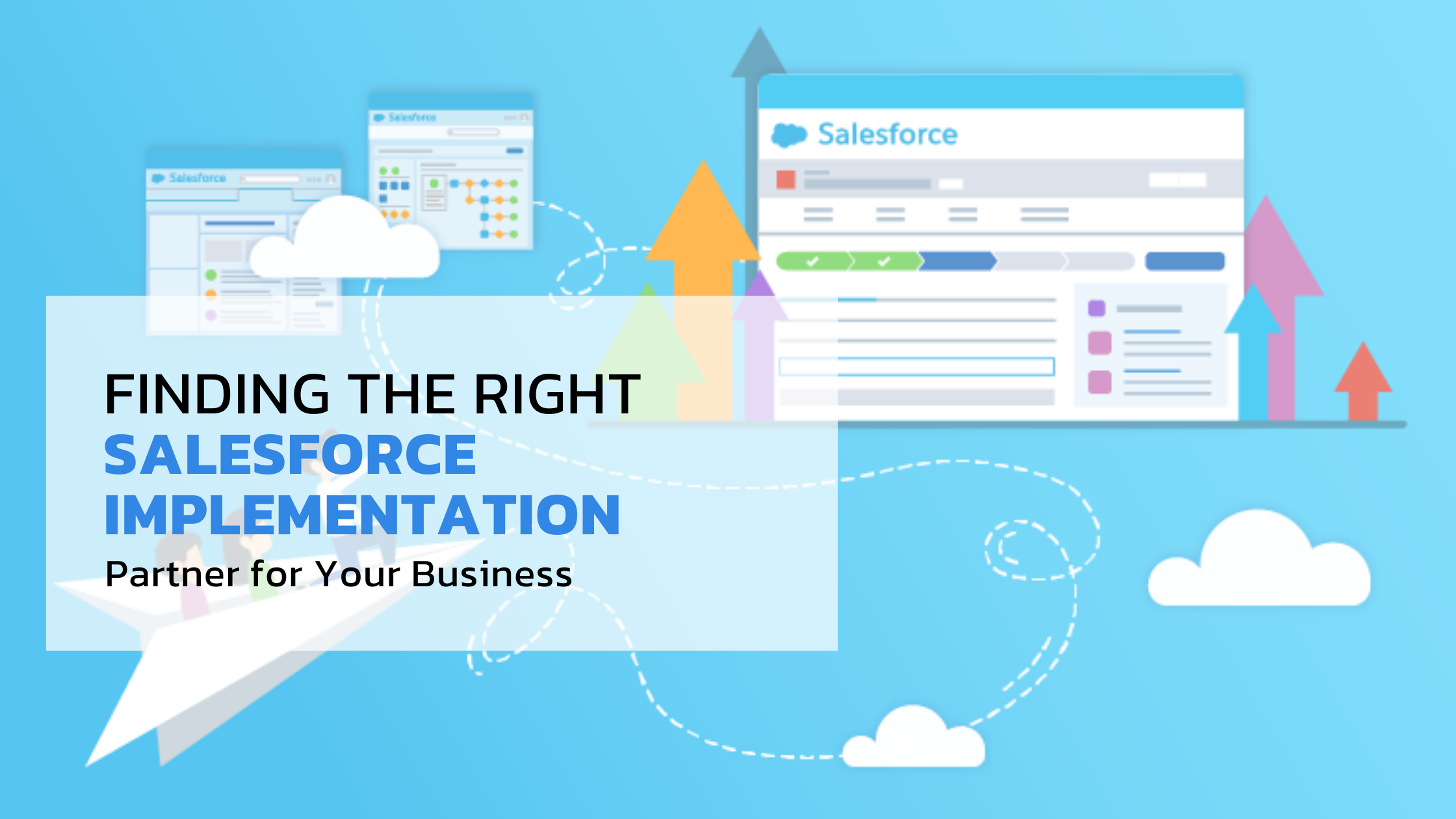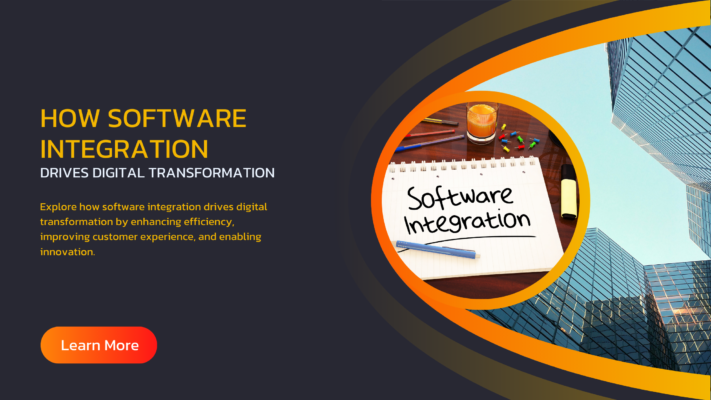
Software integration is a vital strategy in today’s digital landscape, allowing organizations to enhance their operational efficiency and drive innovation. As businesses face growing competition and changing market demands, the need to integrate various software applications has become essential for achieving seamless operations and delivering exceptional customer experiences. This article delves into the significance of software integration, the benefits it offers, best practices for implementation, and the future trends shaping this crucial aspect of digital transformation.
What is Software Integration?
Software integration refers to the process of connecting different software applications and systems to function as a cohesive unit. This can involve integrating internal applications, such as customer relationship management (CRM) and enterprise resource planning (ERP) systems, as well as external applications, like third-party APIs. The primary objective of software integration is to facilitate data exchange and communication between various systems, allowing organizations to operate more efficiently and effectively.
The Importance of Software Integration
The relevance of software integration can be observed in several areas of organizational performance:
1. Enhanced Operational Efficiency
By automating workflows and reducing the need for manual data entry, software integration streamlines processes. For instance, when an online order is placed, integrated systems can automatically update inventory levels, generate invoices, and notify shipping departments, all without requiring human intervention. This level of efficiency not only saves time but also minimizes errors.
2. Improved Data Accuracy and Consistency
Integration eliminates data silos, ensuring that all departments work with the same accurate information. This is particularly important in customer-facing roles, where sales representatives need real-time data on product availability, pricing, and customer history to provide informed service.
3. Agility in Business Operations
As market conditions change, organizations must be able to pivot quickly. Integrated systems allow businesses to implement new strategies or updates rapidly across all departments. For example, if a marketing campaign is launched, integrated platforms can ensure that all relevant systems, including CRM, email marketing, and social media, reflect the same messaging and offers.
4. Enhanced Customer Experience
A seamless customer experience is crucial for retention and loyalty. Software integration enables organizations to provide personalized services by ensuring that customer data is accessible across all touchpoints. When customers interact with a brand, they expect consistent and relevant experiences, which integrated systems can facilitate.
5. Cost Savings
Reducing operational inefficiencies through software integration leads to significant cost savings. By streamlining processes and minimizing errors, organizations can allocate resources more effectively and avoid unnecessary expenses.
Key Components of Software Integration
To successfully implement software integration, it’s essential to understand the various components involved:
1. APIs (Application Programming Interfaces)
APIs are crucial for enabling different software applications to communicate with one another. They define the methods and data formats that applications use to interact, allowing for seamless data exchange.
2. Middleware
Middleware serves as an intermediary layer that connects different software applications. It facilitates communication between systems, ensuring that data flows smoothly and correctly across platforms.
3. Integration Platforms
Integration Platforms as a Service (iPaaS) offer tools and services to help organizations connect various applications. These platforms typically include pre-built connectors and workflows, simplifying the integration process.
4. Data Management Tools
Effective integration requires robust data management practices. Tools that clean, transform, and synchronize data between applications are essential for maintaining data integrity and consistency.
5. Security Protocols
With the increase in cyber threats, security is paramount in software integration. Organizations must implement measures to protect sensitive data during transmission and storage, including encryption and access controls.
Best Practices for Implementing Software Integration
Implementing software integration is not a one-size-fits-all approach. Here are some best practices to consider:
1. Define Clear Objectives
Before initiating the integration process, organizations should identify specific goals. Whether the aim is to enhance operational efficiency, improve customer experience, or reduce costs, having clear objectives will guide the integration strategy.
2. Conduct a Needs Assessment
Evaluate the existing software landscape to understand which systems require integration. Identify gaps, redundancies, and pain points that integration can address.
3. Select the Right Integration Tools
Choosing appropriate integration tools is crucial for success. Consider factors such as scalability, ease of use, and compatibility with existing systems. Research and compare different integration platforms to find the best fit for your organization.
4. Develop a Comprehensive Integration Plan
A detailed integration plan should outline the steps required to connect systems, including timelines, resource allocation, and responsibilities. This plan should also consider potential risks and mitigation strategies.
5. Test and Validate Integrations
Before fully deploying integrations, conduct thorough testing to ensure that data flows correctly between systems and that the integration performs as expected. Validate the integration against predefined success criteria to ensure it meets business needs.
6. Monitor and Optimize
After implementation, continuously monitor the integrated systems for performance and efficiency. Gather feedback from users and stakeholders to identify areas for improvement. Regularly optimize integrations to adapt to changing business needs and technologies.
Trends Shaping Software Integration
The software integration landscape is continuously evolving, driven by technological advancements and changing business needs. Here are some notable trends shaping the future of software integration:
1. Cloud-Based Integration Solutions
As organizations increasingly migrate to cloud environments, cloud-based integration solutions are gaining traction. These solutions offer scalability, flexibility, and cost-effectiveness, enabling businesses to connect on-premises and cloud applications seamlessly.
2. Low-Code and No-Code Platforms
The rise of low-code and no-code platforms empowers non-technical users to create integrations without extensive programming knowledge. These solutions streamline the integration process and democratize access to integration capabilities across organizations.
3. AI and Machine Learning Integration
Artificial intelligence (AI) and machine learning are being integrated into software integration processes. These technologies can analyze data flows, identify patterns, and optimize integration performance, leading to smarter and more efficient systems.
4. Internet of Things (IoT) Integration
The proliferation of IoT devices necessitates robust integration strategies. Businesses must find ways to connect IoT data with existing systems to derive actionable insights and drive decision-making.
5. Increased Focus on Security
As integration becomes more prevalent, organizations are prioritizing security in their integration strategies. Implementing robust security protocols, including encryption and access controls, is essential to protect sensitive data.
Challenges in Software Integration

While software integration offers numerous benefits, organizations may face several challenges during implementation:
1. Complexity of Legacy Systems
Integrating legacy systems with modern applications can be challenging due to outdated technology and incompatible interfaces. Organizations must carefully plan how to bridge the gap between legacy and new systems.
2. Data Silos
Data silos can hinder effective integration efforts. Organizations must address cultural and structural barriers that prevent information sharing across departments to enable successful integration.
3. Change Management
Employees may resist changes brought about by integration initiatives. Organizations must implement effective change management strategies to ensure buy-in from all stakeholders and facilitate a smooth transition.
4. Cost Implications
While software integration can lead to long-term cost savings, the initial investment can be significant. Organizations should carefully evaluate their budget and plan for potential hidden costs associated with integration projects.
Measuring the Success of Software Integration
To determine the effectiveness of software integration efforts, organizations should establish key performance indicators (KPIs) to measure success. Here are some important KPIs to consider:
1. Time Savings
Measure the reduction in time spent on manual processes and data entry tasks before and after integration. This can provide insight into operational efficiency improvements.
2. Data Accuracy Rates
Monitor data accuracy and consistency across integrated systems. A decrease in data discrepancies indicates successful integration efforts.
3. Customer Satisfaction Scores
Assess customer feedback and satisfaction scores before and after implementing software integration. Improved customer experiences can be a direct result of integrated systems.
4. Cost Reductions
Track changes in operational costs to determine whether integration efforts have resulted in cost savings.
5. User Adoption Rates
Measure how quickly and effectively employees adopt new integrated systems. High user adoption rates indicate a successful integration process.
The Future of Software Integration
The future of software integration is promising, with advancements in technology and the growing need for interconnected systems driving innovation. Some key areas to watch include:
1. Artificial Intelligence and Automation
The integration of AI will continue to transform how software systems communicate and function. Automation will reduce manual interventions and enhance decision-making processes, leading to faster and more efficient operations.
2. Enhanced Interoperability
As businesses adopt a wider range of software solutions, the demand for interoperability will increase. Future integration solutions will focus on creating seamless connections between various systems, regardless of their origins.
3. Integration as a Service (IaaS)
The concept of integration as a service will gain traction, allowing organizations to outsource integration efforts to specialized service providers. This approach can reduce the burden on internal IT teams and improve integration outcomes.
4. Focus on User Experience
As software integration solutions evolve, there will be an increased emphasis on user experience. Tools and platforms will become more user-friendly, enabling employees to navigate integrated systems effortlessly.
5. Data Governance and Compliance
As organizations become more data-driven, the importance of data governance and compliance will grow. Integration solutions will need to incorporate robust data management practices to ensure compliance with regulations such as GDPR and CCPA.
Conclusion
Software integration is an essential component of digital transformation that empowers organizations to streamline operations, enhance customer experiences, and drive innovation. By breaking down silos and creating a cohesive ecosystem of interconnected systems, businesses can respond more effectively to changing market conditions and customer demands.
Implementing effective integration strategies requires careful planning, investment in the right tools, and ongoing optimization. Organizations must embrace emerging trends and technologies to stay competitive in the rapidly evolving digital landscape. Ultimately, the successful integration of software applications will be a key driver of growth and success in the future.
By leveraging the power of software integration, businesses can navigate the complexities of the digital age and position themselves for long-term success.




